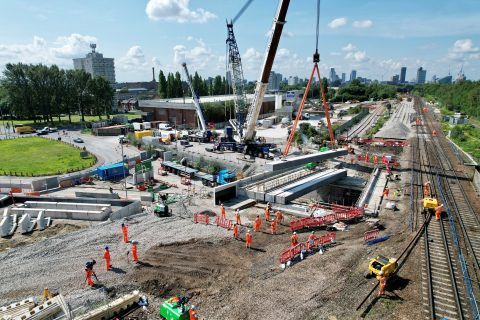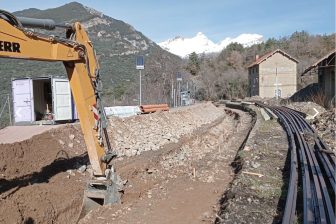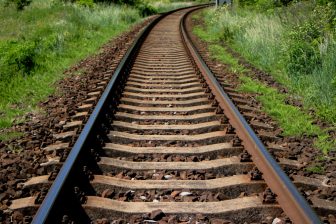
UK mega-project Northern Powerhouse Rail back on track?
Image: Network Rail
A project to connect major cities in the north of England with a dedicated high-speed railway, vastly increasing capacity for freight and passenger traffic, could be back on the agenda, but only if members of the Conservative Party vote for the right leader. That is the intriguing – or preposterous – state of affairs, depending on your political point of view.
Want to read more?
You have read all of your free premium articles for this month. Please become a subscriber to keep reading.
Subscribe now!
Take advantage of our exclusive offer to get full access to all premium content.





Upgrading, for a timely infrastructure, simply, has to be undertaken!
(By safe allowed 70 kip axial load, complete with new, safe electrification, thus safely for On Time arrivals etc. upgrading, worth name, quickly will pay, as adding to capacity and utilisation of existing, etc., etc.)
Regrettably, currently without any evidence of this, BJ has to be understood…
Alternatively, however, when safely given ensurance, for as well timely basics, as for resilency…, then both are top priority…